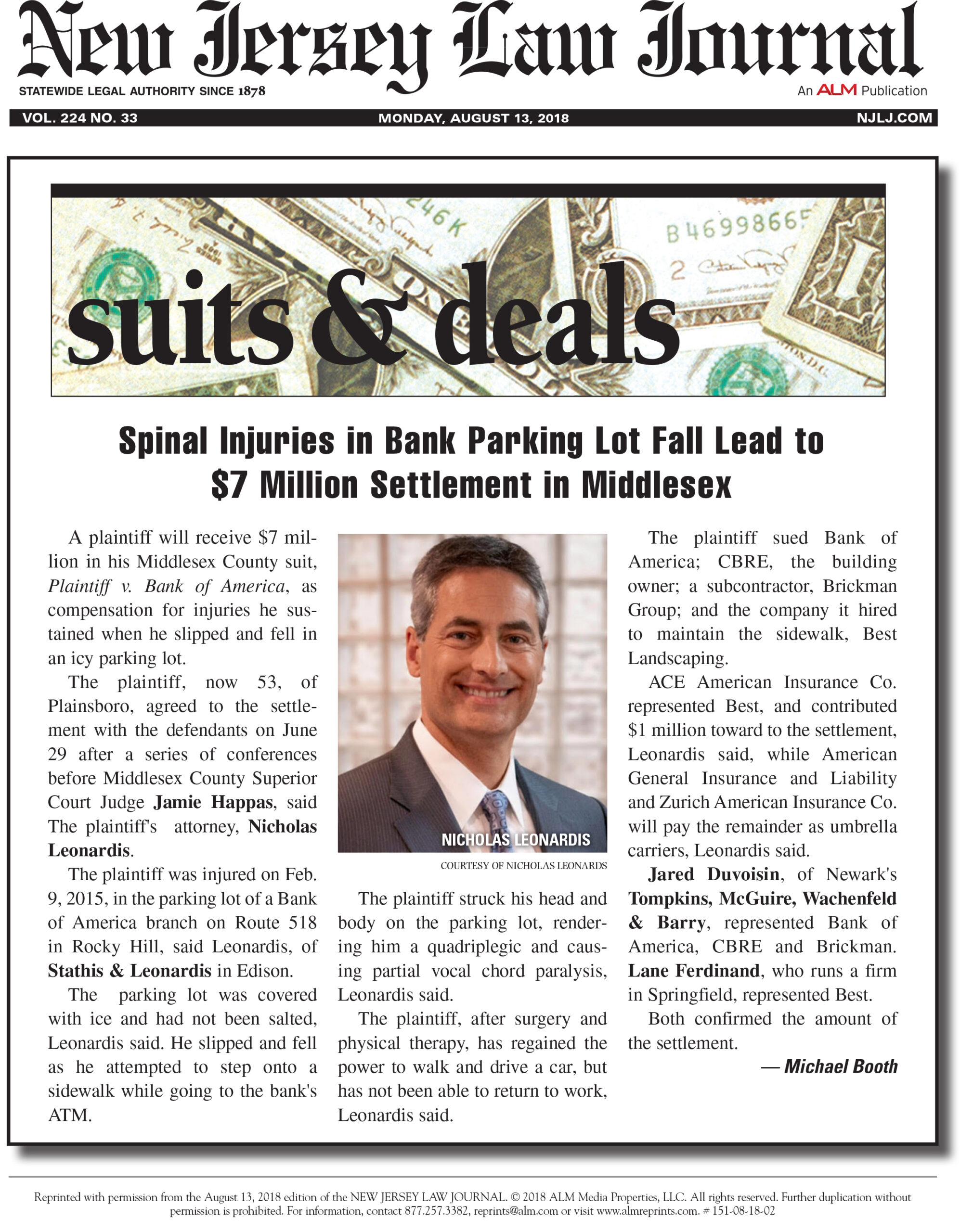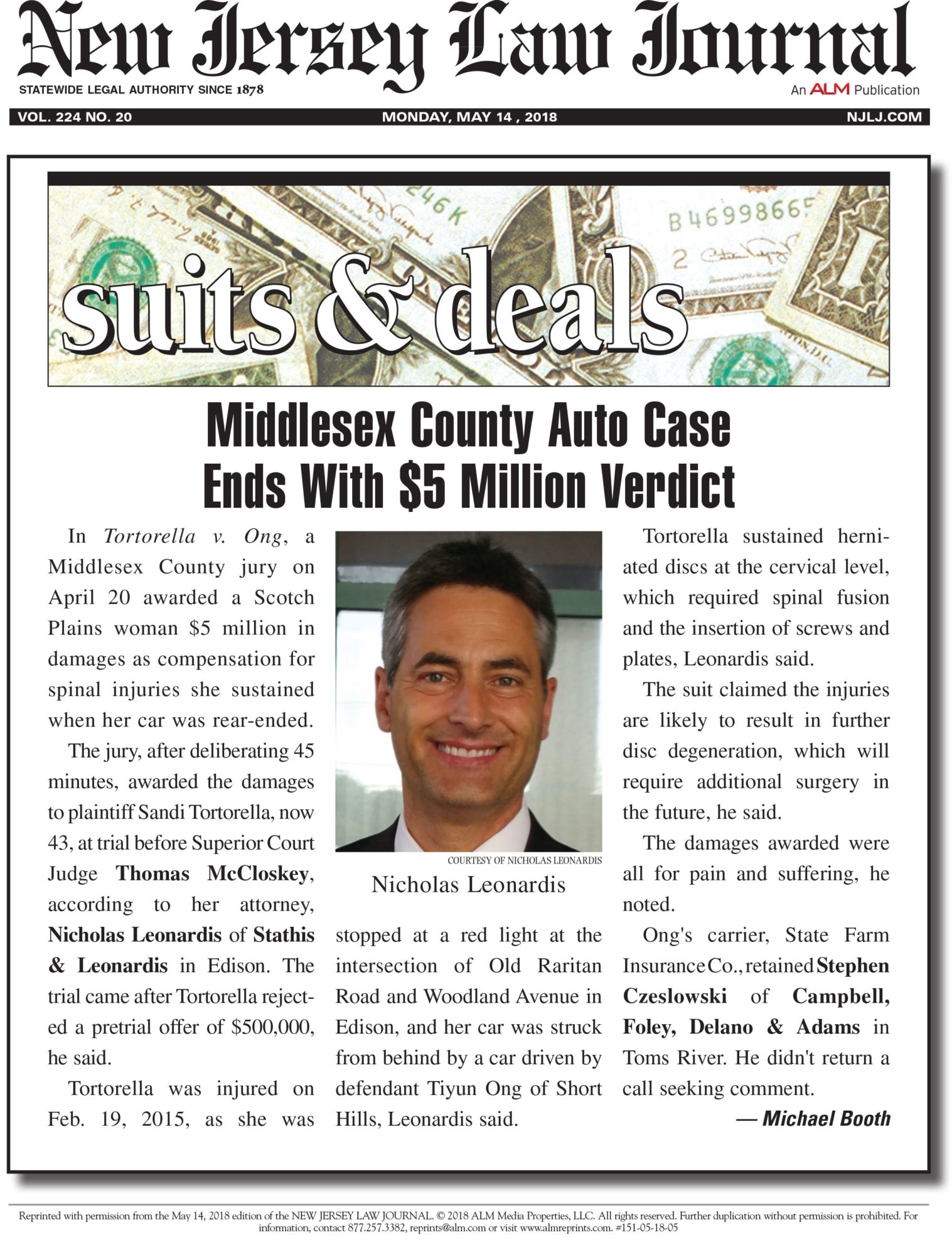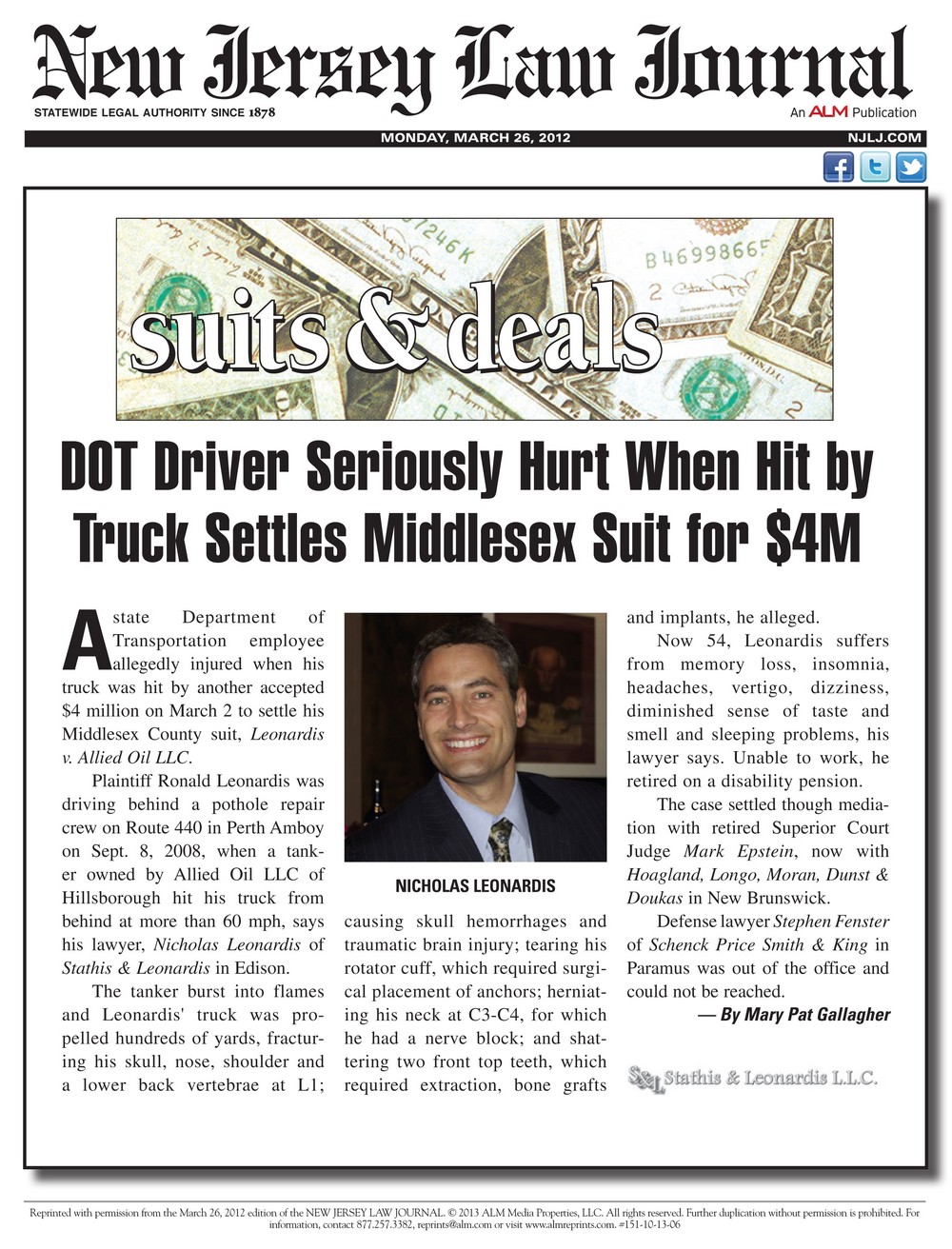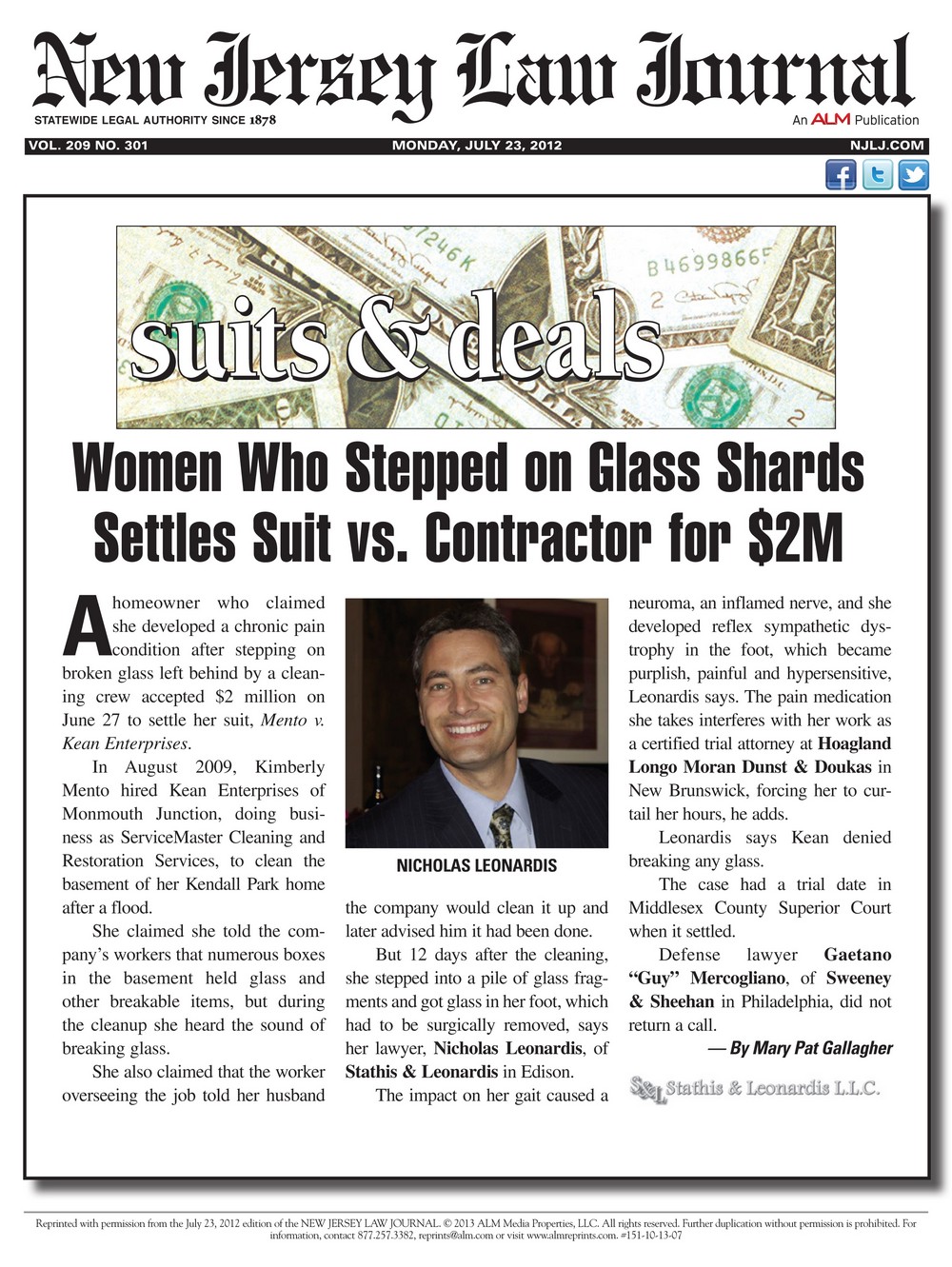
When you become injured in a workplace accident, one of the most important considerations, besides your health and safety, is how you can recover compensation for your damages. After sustaining a workplace injury, you may wonder whether you can sue your employer. While you may be entitled to damages, it is imperative that you understand your legal rights and options after your accident. For more information and skilled legal advice, reach out to a Middlesex County workers’ compensation attorney today.
Can I Sue My Employer for a Workplace Injury in NJ?
In most cases, no, you cannot sue your employer for a workplace injury. This is because of an insurance system known as workers’ compensation. Although workers’ compensation, also referred to as workers’ comp, is beneficial to employees, it requires that they waive their right to pursue legal action against the employer for injuries sustained on the job.
What is Workers’ Compensation?
New Jersey state law implements a workers’ compensation system designed to provide employees who are injured on the job with certain benefits. It is a no-fault insurance that allows workers to recover damages and prevents lengthy and expensive lawsuits between employees and employers.
Under NJ workers’ compensation, an injured employee may be entitled to the following.
- Medical expenses
- Lost wages
- Temporary disability benefits
- Permanent partial disability benefits
- Permanent total disability benefits
- Death benefits for dependents
Workers’ compensation insurance only applies to injuries that occur while performing or due to work-related tasks. There is no need to prove that any party was negligent, as it applies regardless of fault.
Are There Exceptions?
As with most rules, there are some exceptions to an employee’s inability to sue for a workplace injury. There are limited times when an employee may be able to take direct legal action against their employer.
If your employer intentionally caused your injury, you may have the right to file a lawsuit. The NJ Supreme Court ruled in the case of Millison v. E.I. duPont de Nemours & Co. that if an employee can prove that their employer acted in a way certain to cause harm and that the context of the injury exceeds the scope of workers’ compensation, the employee can sue their employer for additional damages like medical expenses, pain and suffering, punitive damages, and more.
You may also be able to file a lawsuit against a third party if they were responsible for the accident and injury. For example, if a defective piece of machinery causes you to be hurt, you will not be able to sue your boss. However, you may have the right to file a product liability claim against the manufacturer of the machine.
If you were injured on the job and have questions or concerns, reach out to an experienced personal injury attorney today.






